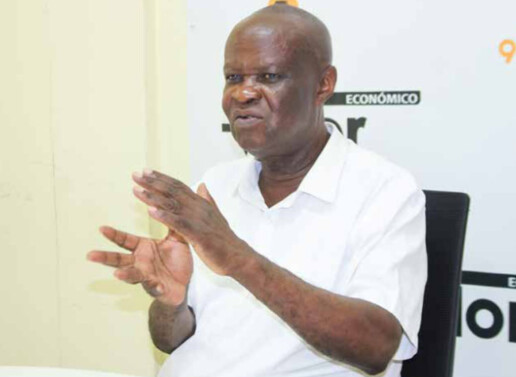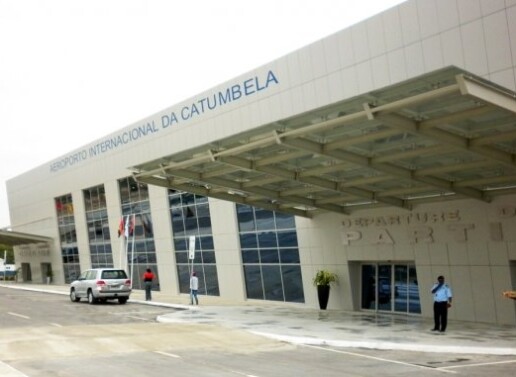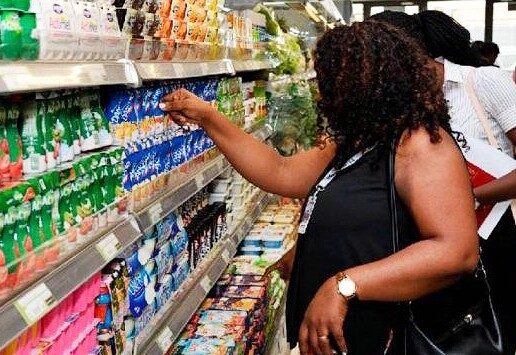With the loss of purchasing power, the overwhelming majority of Angolans are unable to acquire valuable goods, such as houses and cars, in the next two years. They also fear rising prices throughout 2025.
Consumer confidence in Angola has been negative for more than five years, a situation worsened by unemployment and the deterioration of the country’s economic conditions. As a result, over 70% of families have no plans to acquire valuable goods such as a home or even a vehicle, as they explain that, in the current context, it is not possible to save money.
In the last quarter of 2024, the Consumer Confidence Indicator (CCI) recorded a further decline, adding 9.3 points compared to the same period the previous year, closing the year at -19.7 points. Compared to the third quarter of 2024, the reduction is slightly milder (0.1 points).
Throughout the four quarters of 2024, the trend of worsening consumer confidence persisted, dropping a further 5.6 points by the end of the year. This figure remained far from the single-digit value reached in the first quarter of 2022 (-8.4 points), after eight quarters of considerably low levels.
Partially speaking, over the last five years, the quarters with the lowest confidence levels were the third and fourth quarters of 2020, with -21.4 and -19.9 points, respectively. The fourth quarter of 2024 ranks as the third lowest in terms of confidence, followed by the previous quarter with -19.6 points.
Angolan consumer confidence continues to be affected by two fundamental issues—namely, the country’s economic situation and unemployment. Over the past 12 months, consumer confidence showed a negative score (-54.8 points), indicating a slowdown of 2.7 points compared to the same period the year before. Unemployment also remained at a consistently negative level, worsening this time to -76.2 points.
The group of 3,000 families surveyed by the National Institute of Statistics (INE) foresees a worsening of consumer confidence over the next 12 months, despite inflation showing signs of slowing since early 2025. However, there is an expectation of rising prices for goods and services, following the latest cut in diesel subsidies.
For example, when it comes to buying or building a house over the next two years, around 11 out of every 100 respondents from INE said they intend to buy or build one. As for acquiring valuable goods, only two out of every 100 Angolans said they plan to buy a car in the next two years. All of this because 78% of those surveyed say it is not possible to save money under the current conditions.
ANGOLA AT THE BOTTOM OF THE TABLE
Angola is the eleventh country where consumer confidence reached the lowest score last year. It is surpassed by Greece with -44.5 points, Estonia (-35.5), Switzerland (-30), Hungary (-28.7), Israel (-27.66), Slovenia (-27), the Netherlands (-26), Germany (-23.1), Albania (-24.6), and Slovakia (-20.8).
However, among the four African countries with available CCI data, Angola shows the lowest level of confidence, followed by South Africa with -6 points. In contrast, consumers in Cape Verde and Morocco display positive confidence levels, with scores of 13 and 46.5, respectively.
Valor Económico, 23/04/2025







